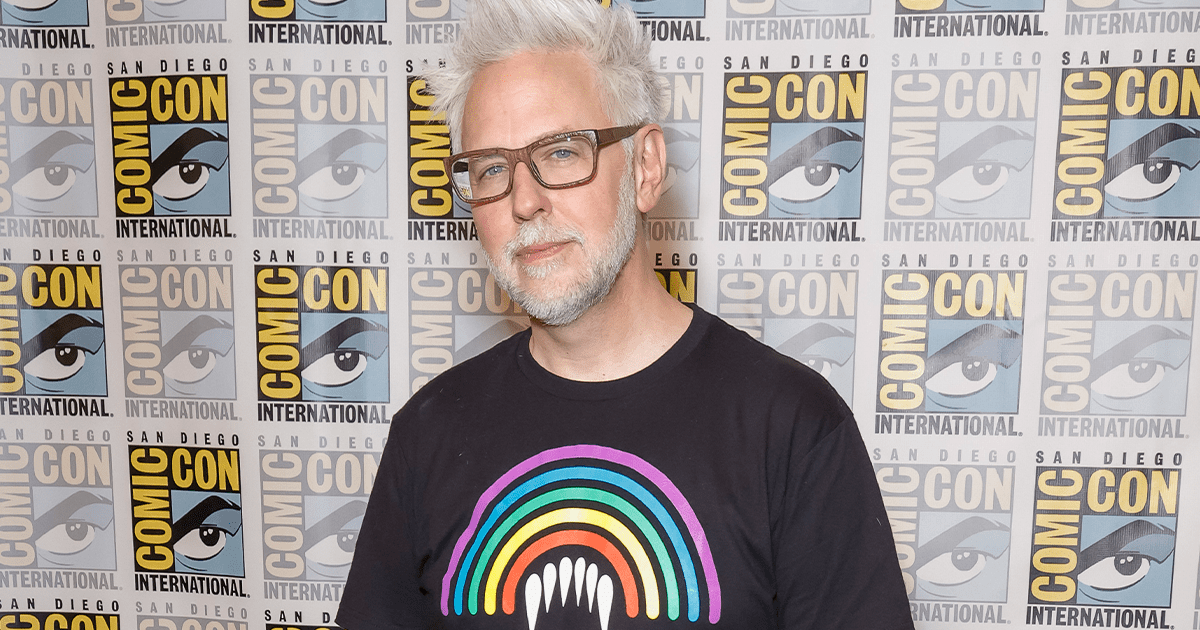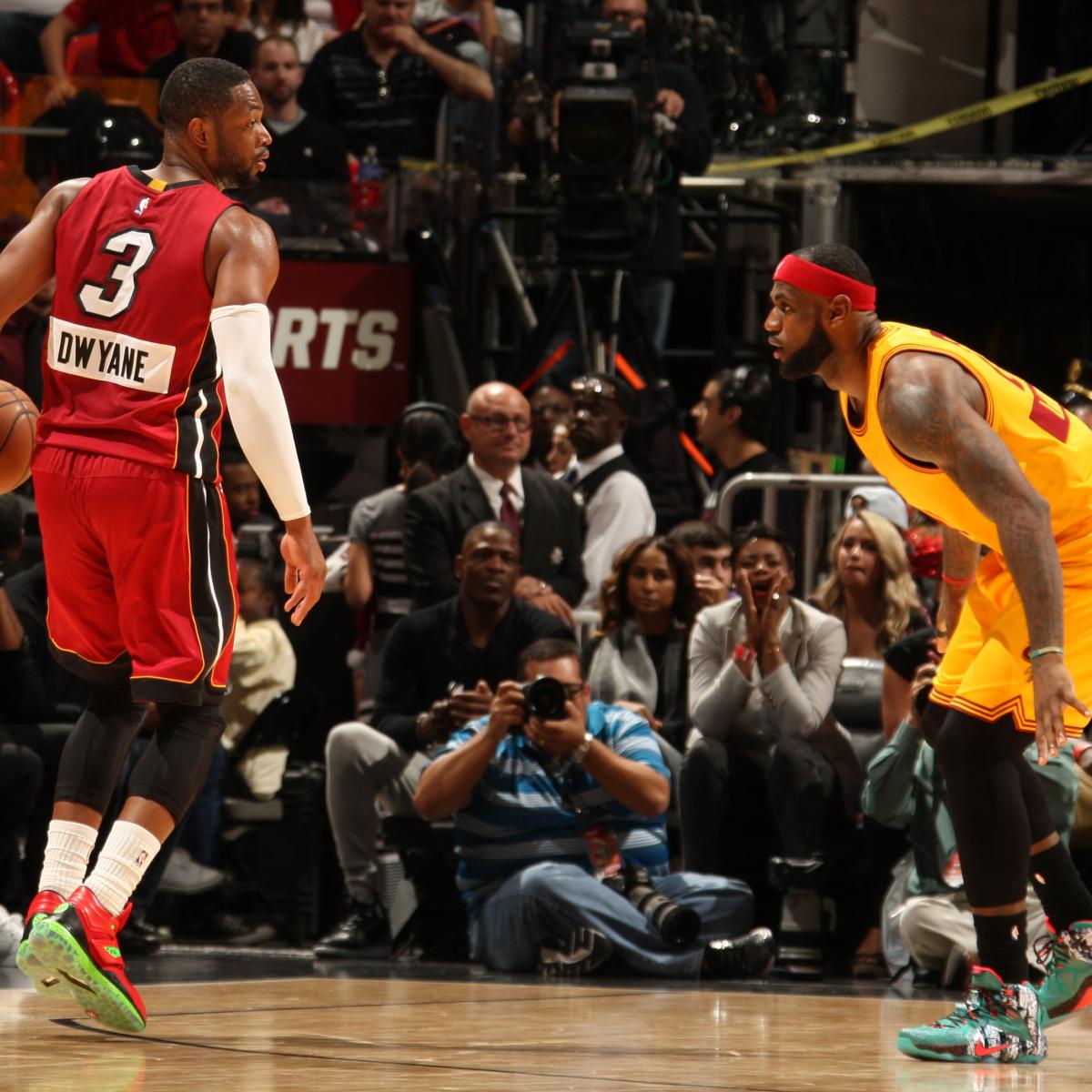Marvel's Content Strategy: Addressing Fan Concerns And Raising The Bar

Table of Contents
The Shifting Sands of the MCU: Assessing Phase 4 & Beyond
Fan Reactions to Recent Films and Series
The reception to recent MCU projects has been, to put it mildly, mixed. Films like Thor: Love and Thunder and Eternals, and series such as She-Hulk: Attorney at Law, faced significant polarizing reactions from fans.
- Examples of negative fan feedback: Many criticized Thor: Love and Thunder's comedic tone as inconsistent with previous Thor films, while She-Hulk drew criticism for its meta-humor and perceived undermining of established character traits. Eternals was criticized for its slow pacing and convoluted plot.
- Online sentiment analysis: Social media platforms like Twitter and Reddit, along with review aggregator sites like Rotten Tomatoes and IMDb, showcased a significant divergence in opinion, with vocal segments expressing dissatisfaction with the direction of the MCU. This negative feedback highlights a clear need for Marvel to address fan concerns regarding tonal consistency and character development.
The Multiverse Saga and its Impact
The Multiverse Saga, encompassing Spider-Man: No Way Home, Doctor Strange in the Multiverse of Madness, Ant-Man and the Wasp: Quantumania, and future projects, represents a bold new chapter for the MCU.
- Positive aspects: The Multiverse opens up limitless storytelling possibilities, allowing for the introduction of variant characters and alternate realities, reviving beloved characters, and exploring previously untapped narratives.
- Negative aspects: However, the complexity of the Multiverse risks narrative overload and potential confusion for viewers if not handled carefully. The sheer scale of the overarching narrative could overshadow individual stories, leading to a loss of emotional connection with characters. This presents a significant challenge to Marvel's content strategy, requiring meticulous planning and execution to maintain viewer engagement.
Balancing Nostalgia with Innovation
A key challenge for Marvel is striking a balance between appealing to longtime fans with nostalgic elements and introducing fresh characters and storylines to attract new audiences.
- Successful examples: WandaVision skillfully blended nostalgia with innovative storytelling, exploring Wanda's grief and trauma while introducing new elements to the MCU.
- Unsuccessful examples: Over-reliance on cameos, as seen in some instances, can feel forced and detract from the main narrative, potentially alienating both new and longtime viewers. Finding the sweet spot is crucial to the long-term success of Marvel's content strategy.
The Role of Disney+ in Shaping Marvel's Narrative Landscape
The Impact of Streaming on Storytelling
Disney+ has fundamentally altered Marvel's storytelling approach. The streaming platform allows for serialized narratives with increased character development and exploration of side plots.
- Advantages: Disney+ series can delve deeper into characters' backstories and motivations than feature films, fostering stronger emotional connections with audiences. The serialized format facilitates more nuanced explorations of complex themes.
- Disadvantages: The risk of "filler" content, episodes that don't significantly advance the overarching plot, is ever-present. Maintaining consistent quality and engagement across multiple episodes requires careful planning and execution. This requires a refined approach to Marvel's content strategy on the streaming platform.
The Interconnectivity of Disney+ Series and Feature Films
The success of Marvel's content strategy hinges on the seamless integration of Disney+ series and feature films.
- Successful integrations: WandaVision directly impacted Doctor Strange in the Multiverse of Madness, demonstrating effective synergy between the two formats.
- Weak integrations: In some instances, the connection between Disney+ series and feature films felt less organic, hindering the overall narrative impact. This highlights the importance of a well-defined and cohesive plan for how each piece of content interacts and informs the larger MCU story.
Marvel's Comic Book Strategy and its Synergy with Film and Television
Reflecting Film and TV in Comics, and Vice Versa
Marvel Comics has a long history of influencing and being influenced by its film and television adaptations.
- Successful synergy: Tie-in comics often provide supplementary material, expanding upon storylines from films and series, enhancing viewer engagement.
- Less evident connection: In some instances, the connection between the comics and other media is less clear, hindering the overall synergistic effect of Marvel's content strategy.
Maintaining Comic Book Relevance in the Modern Era
Maintaining the relevance of Marvel comics in the modern era necessitates adaptation and innovation.
- Successful innovations: The introduction of new characters and diverse representation has broadened the appeal of Marvel comics to a wider audience.
- Challenges: Adapting to changing reader preferences, including the rise of digital comics and new storytelling formats, presents a continuous challenge to Marvel's comic book strategy. This ongoing adaptation is vital to the long-term success of Marvel's overall content strategy.
Conclusion
Marvel's content strategy, while undeniably influential, faces ongoing challenges. The mixed reception to Phase 4 projects, the complexities of the Multiverse Saga, and the need to balance nostalgia with innovation all demand careful consideration. Disney+ offers new opportunities for storytelling but also presents challenges in maintaining consistent quality and narrative cohesion. The synergy between Marvel Comics and its other media properties remains a key factor, requiring ongoing refinement. Ultimately, listening to fan feedback and adapting to evolving audience preferences will be critical to the future success of Marvel's content strategy. What are your thoughts on Marvel's content strategy? Share your opinions in the comments below!

Featured Posts
-
 March Heatwave Kolkata Temperature Forecast And Precautions
May 05, 2025
March Heatwave Kolkata Temperature Forecast And Precautions
May 05, 2025 -
 Double Trouble In Hollywood The Writers And Actors Strike
May 05, 2025
Double Trouble In Hollywood The Writers And Actors Strike
May 05, 2025 -
 Joseph Parker Eyes Victory Against Martin Bakole
May 05, 2025
Joseph Parker Eyes Victory Against Martin Bakole
May 05, 2025 -
 Nhl Playoffs Breaking Down The First Round Matchups
May 05, 2025
Nhl Playoffs Breaking Down The First Round Matchups
May 05, 2025 -
 Vegas Golden Knights Keys To A Deep Stanley Cup Playoffs Run
May 05, 2025
Vegas Golden Knights Keys To A Deep Stanley Cup Playoffs Run
May 05, 2025
